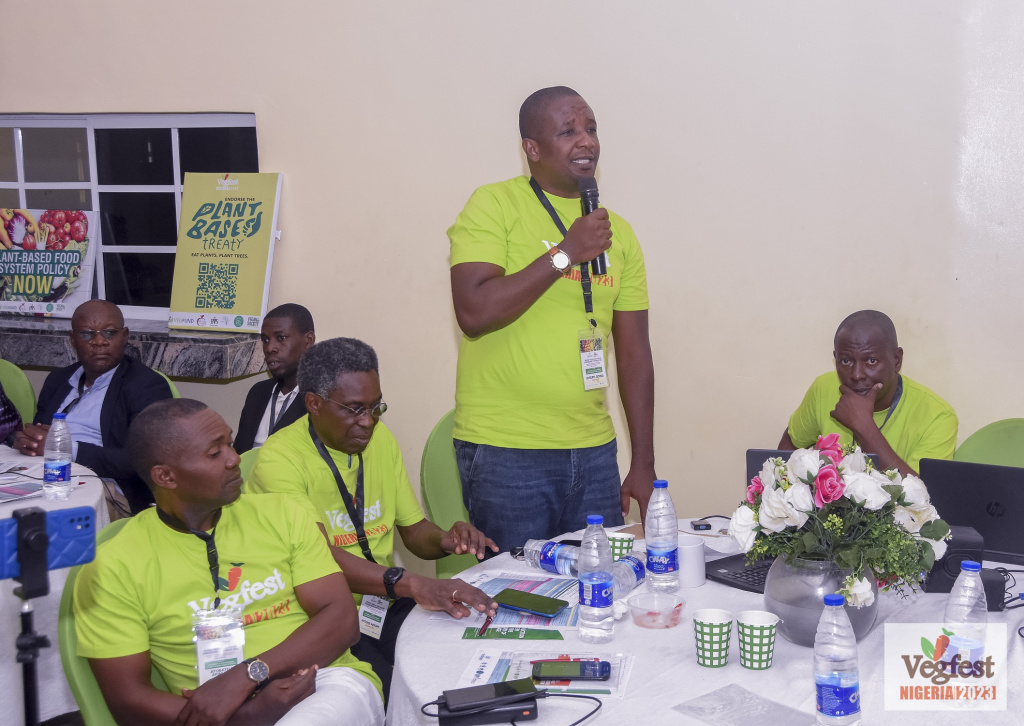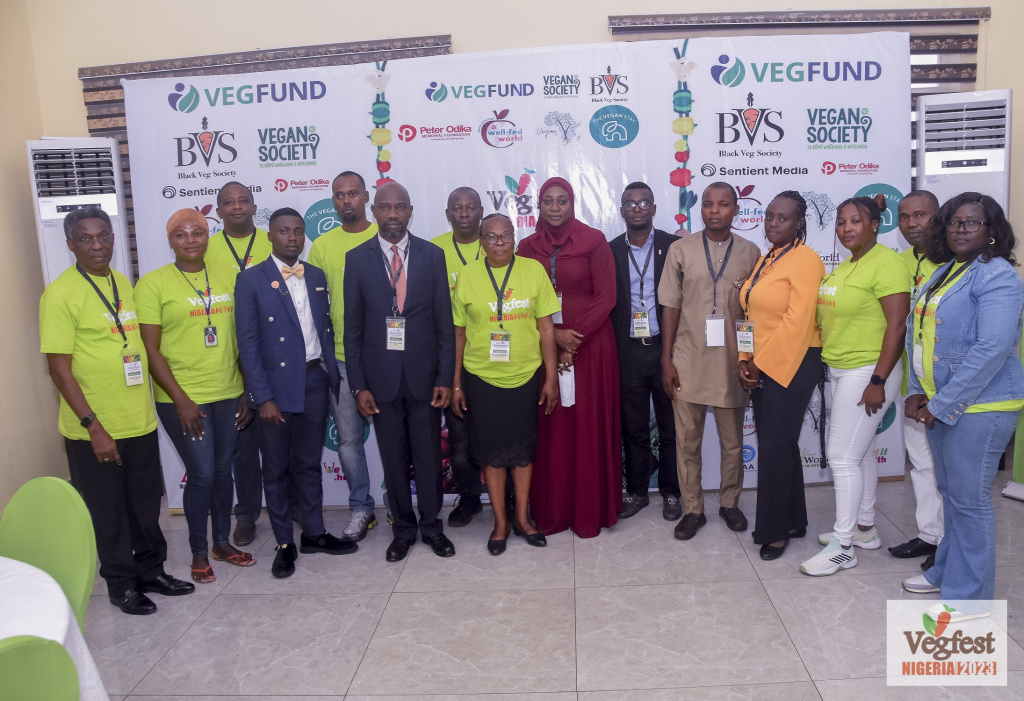Vegfest 2023
As the struggle to slow down global warming by 45% by 2030, individuals, corporations, governments, and civil society groups are working ceaselessly to proffer sustainable solutions to mitigate the effects of climate change. You may recall that the UN prioritizes actionable plans which many countries now use as a guideline to form a legal framework for constitutional laws and policy development to fight climate change. With a long-term ambition to meet the net zero target by 2050, as proposed under the Paris Agreement, many first-world countries are fighting hard to meet this target earlier. African countries like Egypt, Morocco, Tunisia, South Africa, and Rwanda are already implementing actionable plans to meet the net zero target earlier. The windmill technology in Rwanda is empirical to this fact.
With a 2060 net zero ambition, Nigeria has equally joined the race. The federal government of Nigeria, under the Ministry of Environment, Agriculture, and other key ministries has initiated various policies to combat climate change. Nevertheless, lack of policy implementation remains the stumbling block and a gap that may hinder this long-term goal. On a more serious note, Nigeria may need to set a short-term goal as a personalized action to reverse climate irregularities as Nigeria is listed among climate risk countries, according to a report. But the government cannot do this alone. Climate change mitigation requires concerted effort. Interestingly, few civil society groups in Nigeria are working tirelessly to fight climate change which has become a global concern. One such is the Animal Protection Organization of Nigeria.

On May 27, 2023, Joseph Odika, founder of the Animal Protection Organization of Nigeria (APON), hosted a stakeholder conference in Ibadan. The conference focused on the development of an effective and robust alternative food system in Nigeria. Attendees, including experts, practitioners, government officials, and guests, emphasized the importance of innovation and investment in making these alternatives accessible, affordable, and delicious to compete with conventional products. This will encourage their widespread adoption, advocacy, and policy implementation while reducing the threats of climate change and animal exploitation.
Under the theme ‘Towards a sustainable plant-based food system policy’ stakeholders gathered to review current food system policies, and share knowledge on how to embed a food system policy driven by plant-based food to fight climate change, animal exploitation, and pollution, amongst others.
Several stakeholders from the governments and corporate quarters attended the very robust ecosystem gathering of senior policymakers and influencers. Some of the government officials and institutions that were present were directors from The Raw Material Research of Nigeria, the S/W coordinator, Federal Ministry of Agriculture and Rural Development, the Director, of the Forest Research Institute of Nigeria, The director, of Cocoa Research Institute of Nigeria, The dean, faculty of Agriculture- University of Ibadan, representatives from the ministry of environment, the director Oyo state ministry of Health, Senior lecturer from the faculty of veterinary science – University of Ibadan, a team of scientists from the Institute of Agriculture Research and training, farmers unions, civil society groups, to mention a few.
It was a hybrid conference where speakers presented their mind-blowing climate-related presentations both in-person and virtual.
Many government officials have commended the organizing of the conference and rated the conference high on their score card. ‘You guys have done exceptionally well. This is the kind of conference we want to see. And this is the kind of group we want to partner with’ said Mrs. Oguntuyi Abimbola Folashade, the South West Coordinator, Federal Ministry of Agriculture and Rural Development.
According to Mrs Oguntuyi during her goodwill message, she stressed the need to form a robust ecosystem alliance of all stakeholders in the food system, to leverage the values of vegetables and plants generally to combat climate change, while also supporting livelihood with the same interventions. She also assured guests that the Government of Nigeria through the Federal Ministry of Environment and Rural Development is changing the narrative around national and international limitations to assessing financial instruments for public sector vegetable research.
Similarly, the Overseeing Director Agriculture and Agro-Allied Department of Raw Materials Research and Development Council, Dr.Sab Ebiriekwe, emphatically highlighted plants as the tools for revolutionizing and stabilizing our food system, if we must survive the climate emergency.
Dr. Fidelis Egbe, a senior lecturer at Bowen University and the National President, of the Historical Society of Nigeria during his speech, which he called, ‘Historical analysis of the nexus between agronomy and human existence’, went down memory lane to underpin human diets with historic events in the bible. He recounted how our progenitors lived and survived on plants only, noting that humanity can survive with plants only in the advent of an existential threat like climate change.
Towards the end of the conference, several agencies pledged to join APON to form a panel that would stimulate a plant-based food system policy development, using a bottom-to-top approach, effective immediately.

